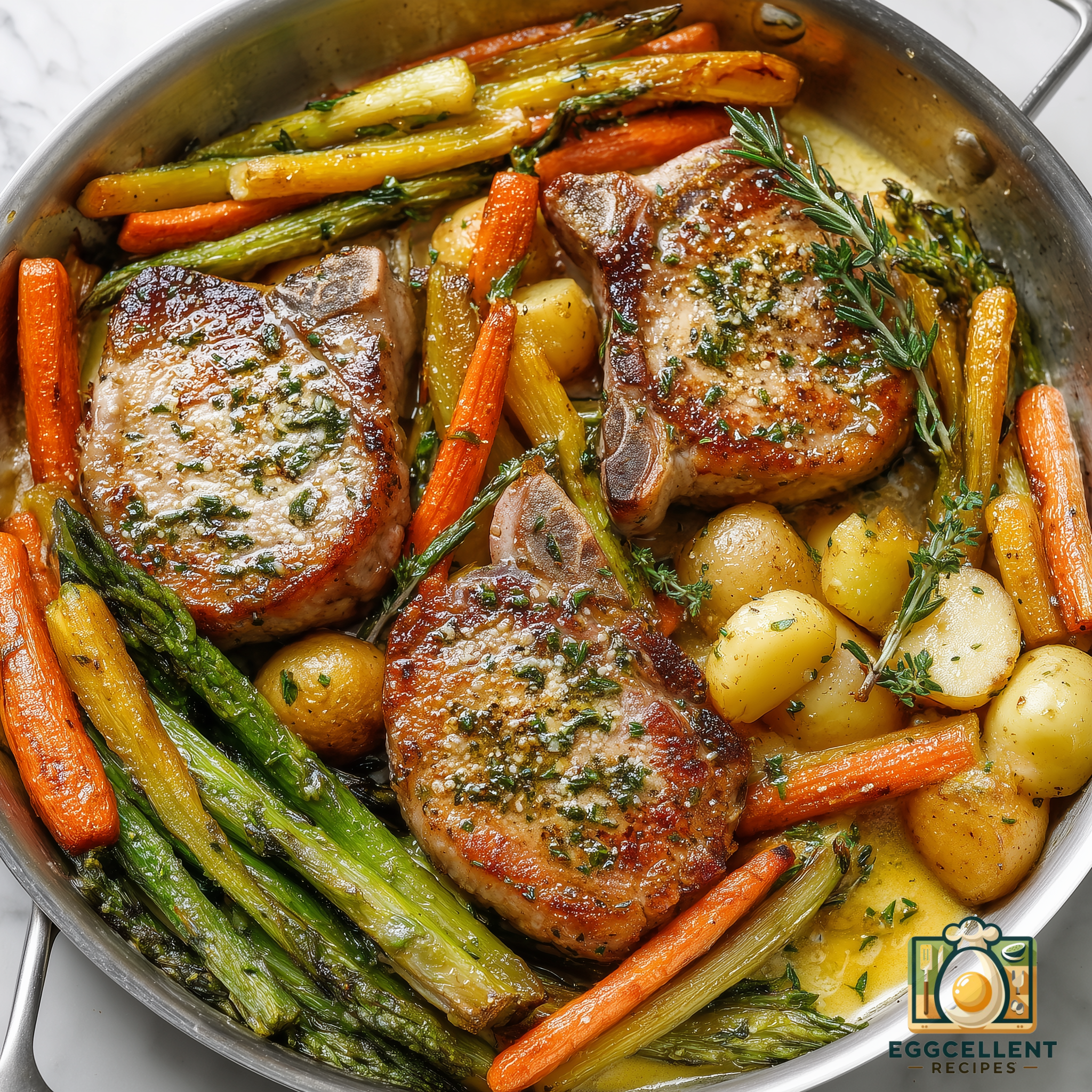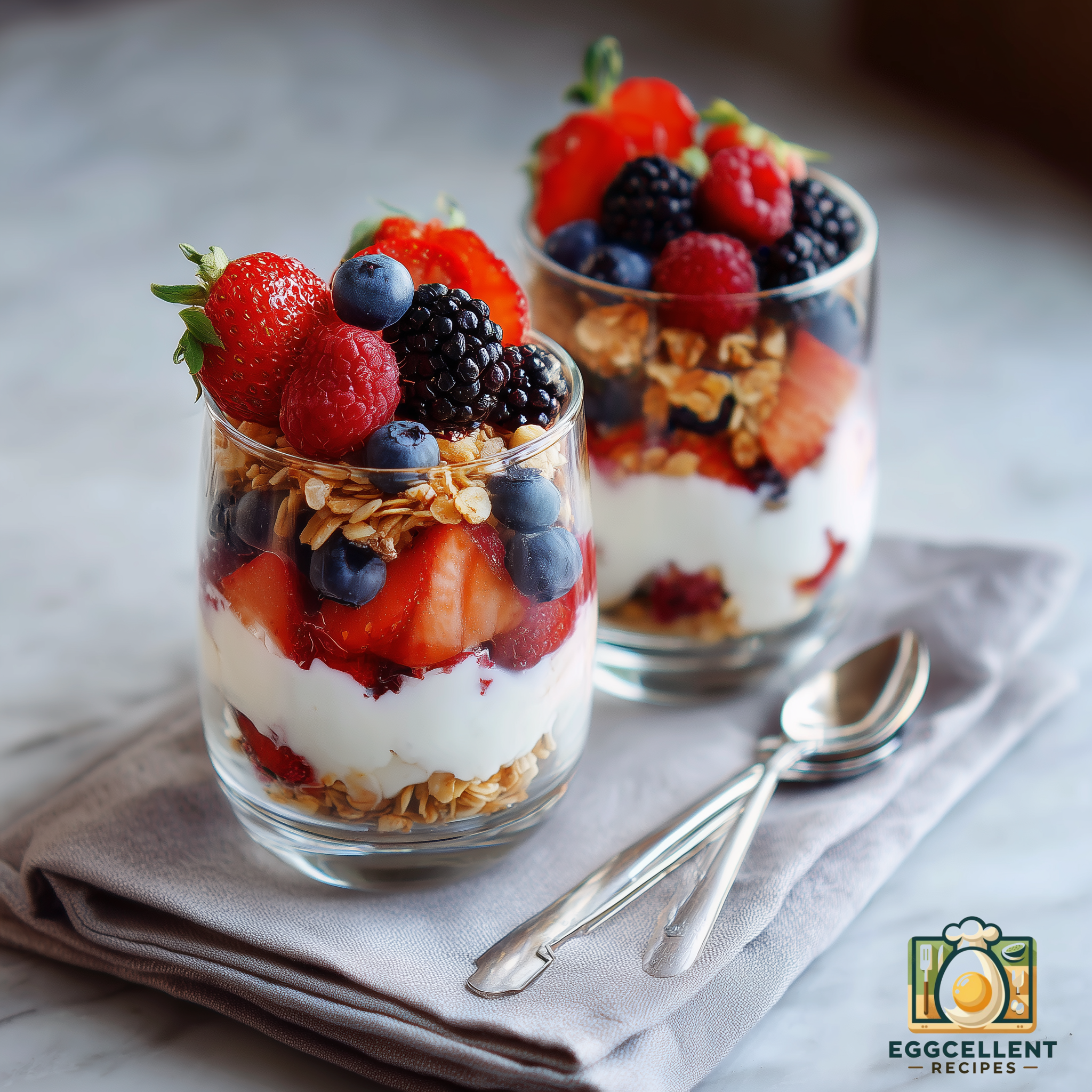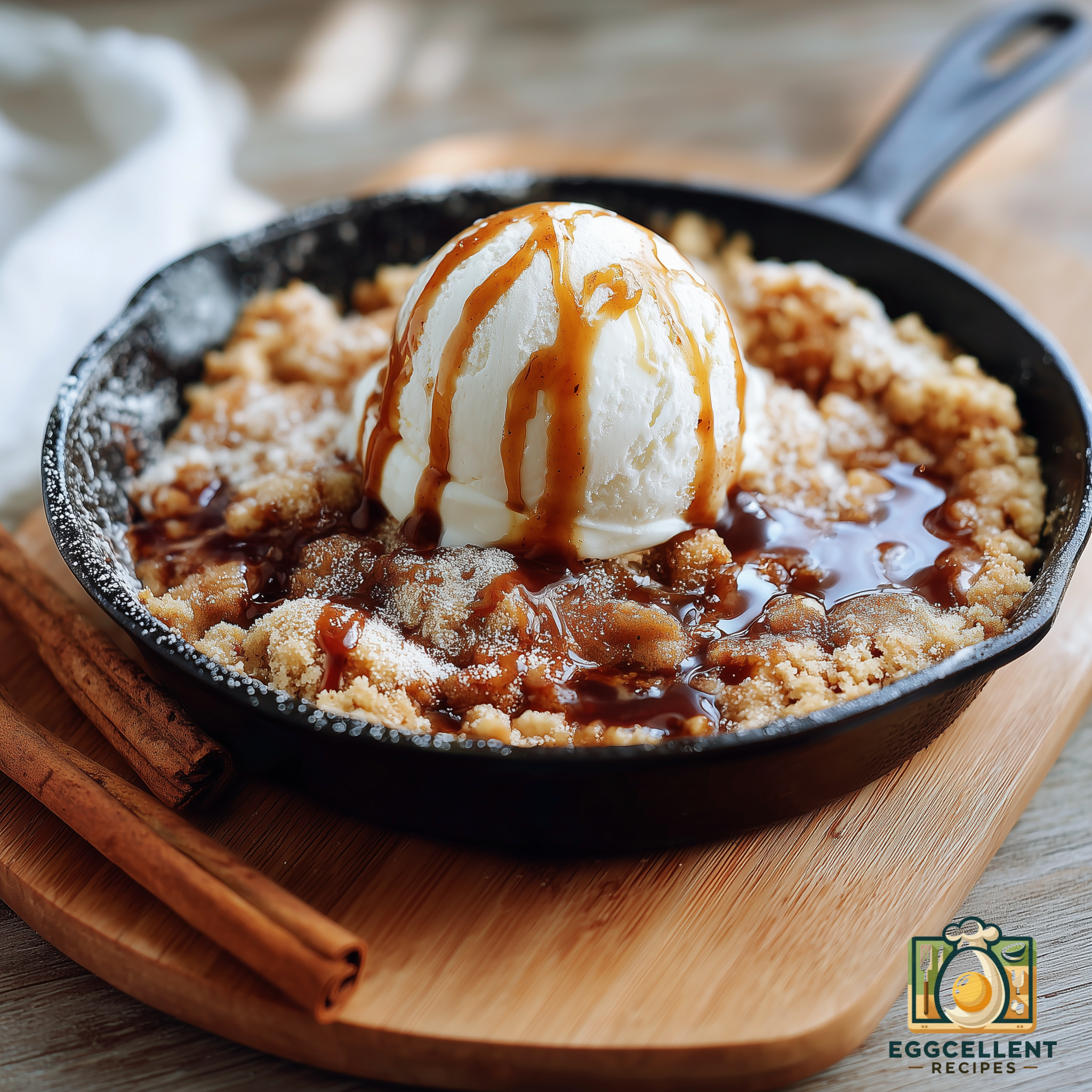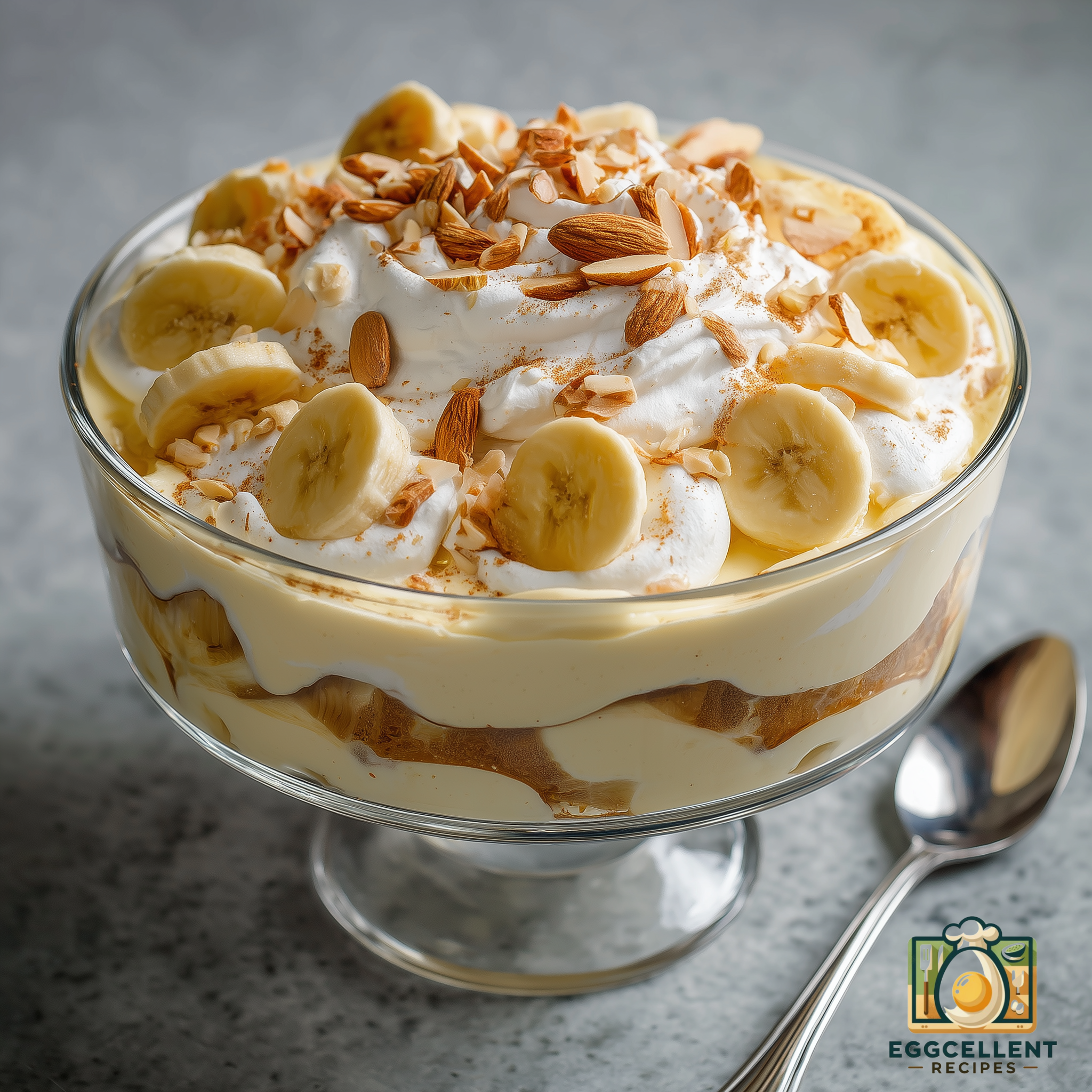
Bloating is a common digestive issue that many people experience from time to time. It can leave you feeling uncomfortable, with a swollen abdomen and gas. While bloating can be caused by overeating, food intolerances, or digestive issues, what you eat plays a major role in how often and severely you experience bloating. Luckily, there are several foods that can help reduce bloating and promote a flatter, more comfortable stomach. In this article, we’ll explore the top foods to eat to reduce stomach bloat and support better digestion.
1. Ginger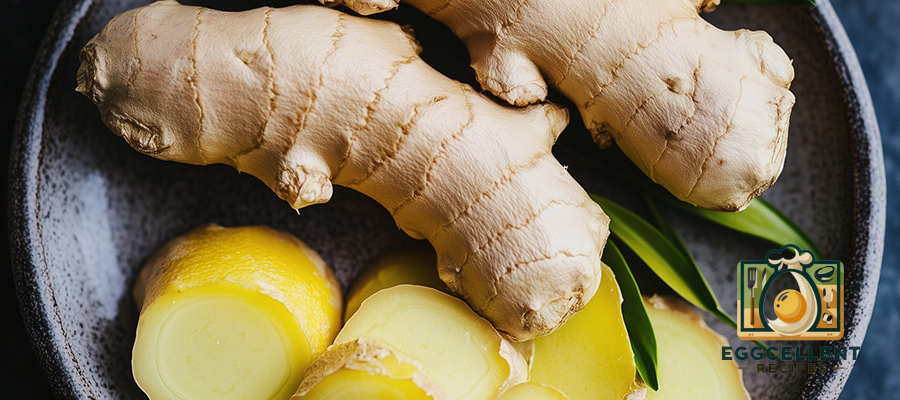
Ginger is one of the most effective natural remedies for bloating and digestive discomfort. It contains gingerols and shogaols, compounds that help relax the muscles in the digestive tract and reduce inflammation. Ginger also stimulates the production of digestive enzymes, helping to break down food more efficiently and reduce gas.
How to Use It: You can drink ginger tea, add fresh ginger to smoothies or juices, or use it in cooking. Sipping on ginger tea after meals can be especially helpful in relieving bloating.
2. Cucumbers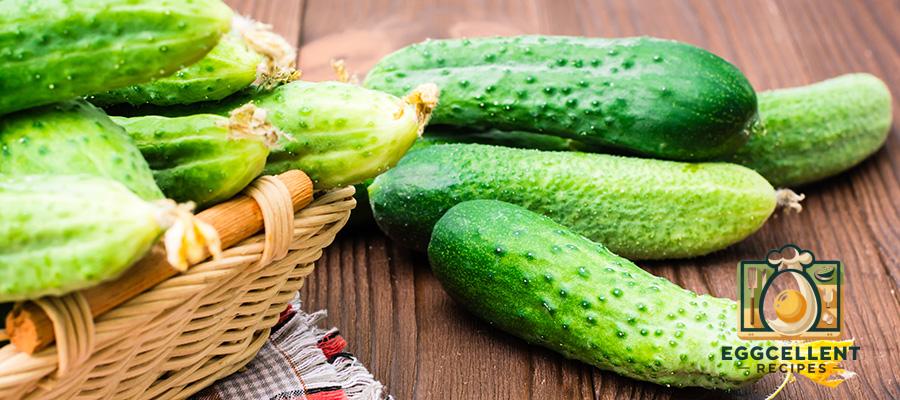
Cucumbers are high in water content, making them a hydrating and refreshing food that can help reduce bloating caused by water retention. They also contain quercetin, a flavonoid that has anti-inflammatory properties, which can help soothe the digestive system.
How to Use It: Add cucumber slices to salads, blend them into smoothies, or infuse your water with cucumber for a refreshing, bloat-reducing drink.
3. Papaya
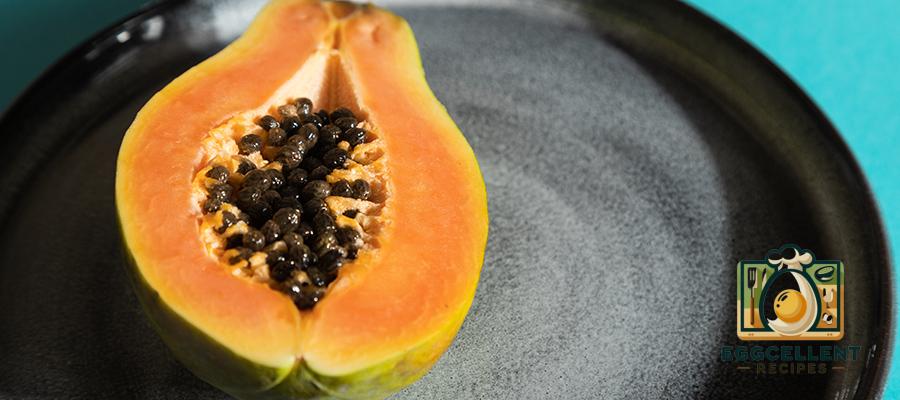
Papaya contains an enzyme called papain, which aids in the digestion of proteins and helps break down food in the stomach. This can relieve bloating and reduce the chances of gas and indigestion. Papaya is also rich in fiber and water, which promote healthy bowel movements and reduce bloating.
How to Use It: Eat fresh papaya as a snack, add it to fruit salads, or blend it into smoothies for a digestion-friendly meal.
4. Fennel Seeds
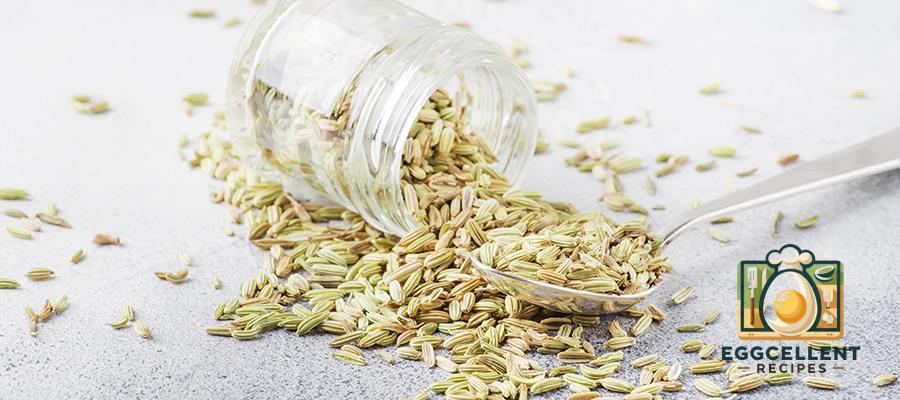
Fennel seeds have long been used as a natural remedy for bloating and gas. They contain a compound called anethole, which helps relax the muscles in the gastrointestinal tract and reduces gas and bloating. Fennel seeds also have mild diuretic properties, helping to eliminate excess water and reduce water retention.
How to Use It: Chew on a teaspoon of fennel seeds after meals, brew fennel tea, or add the seeds to dishes for added flavor and digestive benefits.
5. Asparagus
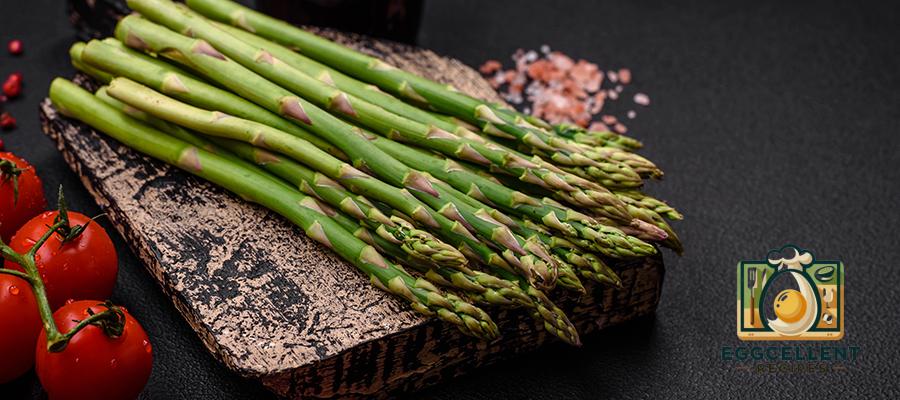
Asparagus is a natural diuretic that helps flush out excess water from the body, reducing bloating caused by water retention. It also contains inulin, a type of fiber that promotes the growth of healthy gut bacteria and supports digestion.
How to Use It: Steam or roast asparagus and enjoy it as a side dish, add it to salads, or incorporate it into stir-fries.
6. Yogurt with Probiotics
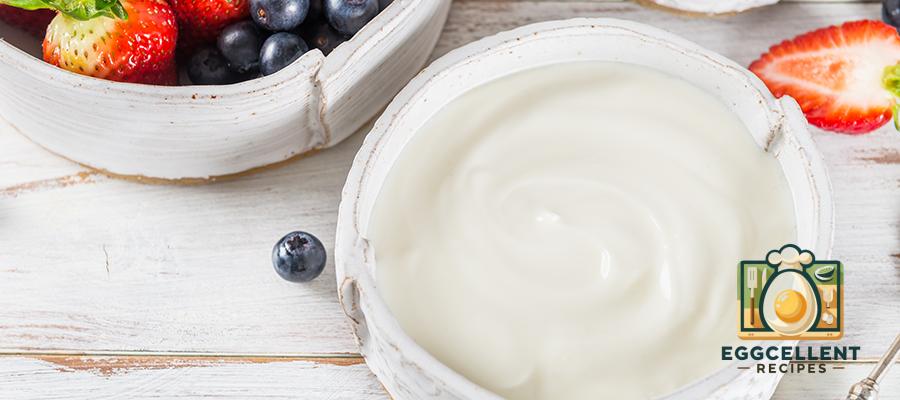
Yogurt, particularly varieties that contain live and active cultures (probiotics), is great for gut health. Probiotics are beneficial bacteria that help balance the gut flora, improve digestion, and reduce gas and bloating. Eating probiotic-rich yogurt regularly can help reduce the likelihood of digestive discomfort.
How to Use It: Eat plain, unsweetened yogurt with added fruits or seeds for breakfast or snacks, or use it as a base for smoothies. Avoid flavored yogurts with added sugars, as sugar can contribute to bloating.
7. Peppermint

Peppermint is another herb known for its digestive benefits. It contains menthol, which helps relax the digestive tract and reduce bloating, gas, and cramping. Peppermint tea is commonly used to soothe digestive issues and alleviate discomfort caused by bloating.
How to Use It: Drink peppermint tea after meals or when you feel bloated. You can also use peppermint oil capsules, which have been shown to reduce symptoms of irritable bowel syndrome (IBS), including bloating.
8. Kiwi
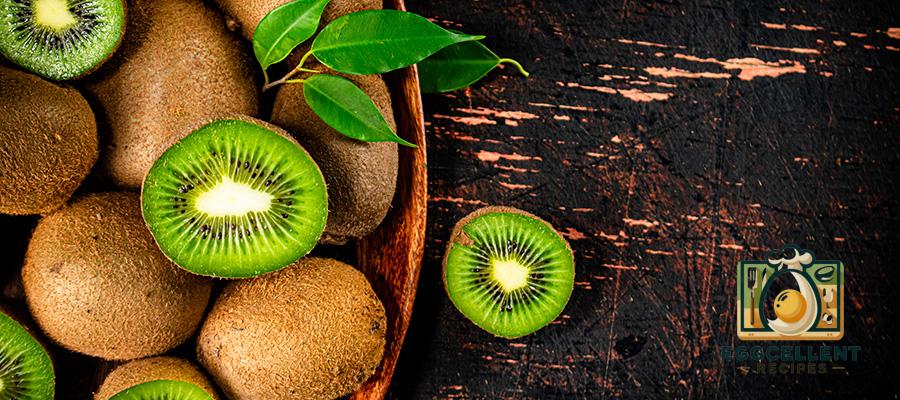
Kiwi is rich in fiber and an enzyme called actinidin, which helps break down proteins and aid digestion. Eating kiwi can help reduce bloating and prevent constipation, both of which can contribute to a swollen, uncomfortable stomach.
How to Use It: Enjoy kiwi on its own as a snack, add it to fruit salads, or blend it into a green smoothie for a digestion-boosting treat.
9. Avocados
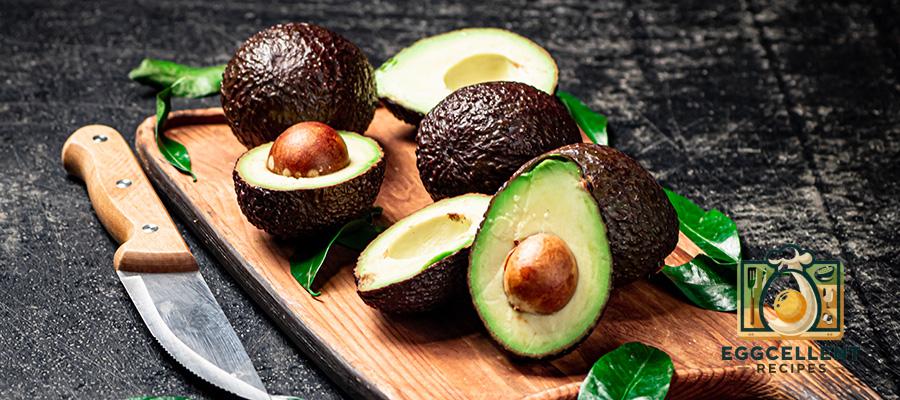
Avocados are high in fiber and potassium, which help promote regular digestion and reduce bloating caused by water retention. The healthy fats in avocados also support gut health and reduce inflammation in the digestive system.
How to Use It: Add avocado slices to salads, mash them on whole-grain toast, or use them in smoothies for a creamy, bloat-fighting boost.
10. Leafy Greens
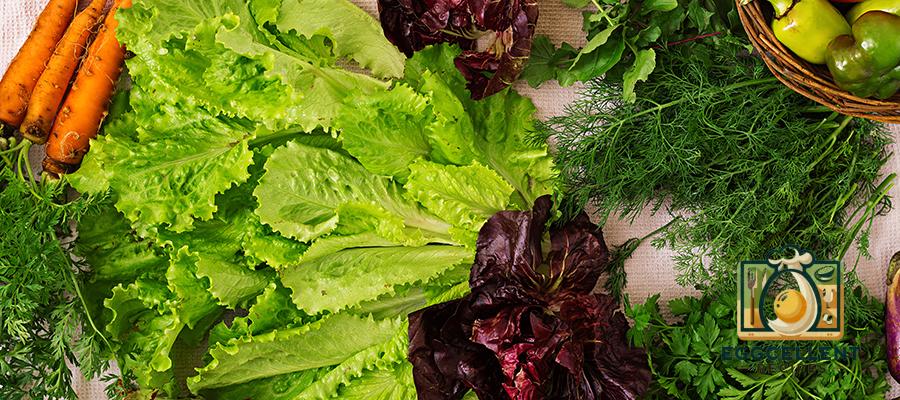
Leafy greens such as spinach, kale, and Swiss chard are high in fiber and water, which help promote regular bowel movements and reduce bloating. These greens are also rich in magnesium, which can relieve water retention and help regulate digestion.
How to Use It: Add leafy greens to salads, smoothies, or stir-fries. They can also be steamed or sautéed for a quick, nutrient-packed side dish.
11. Coconut Water
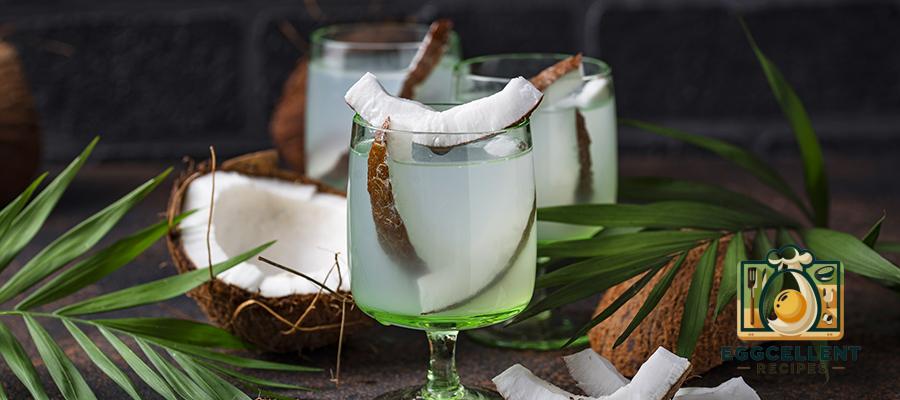
Coconut water is a natural diuretic, meaning it helps your body flush out excess water and reduce bloating. It’s also rich in potassium, which helps balance sodium levels in the body and prevent water retention.
How to Use It: Drink coconut water on its own, or use it as a base for smoothies and hydrating drinks.
12. Turmeric

Turmeric contains the active compound curcumin, which has powerful anti-inflammatory properties that can help reduce bloating and improve digestion. Curcumin has been shown to stimulate bile production, which aids in the digestion of fats and can prevent indigestion and bloating.
How to Use It: Add turmeric to curries, smoothies, or golden milk. You can also take curcumin supplements if recommended by your healthcare provider.
13. Oatmeal
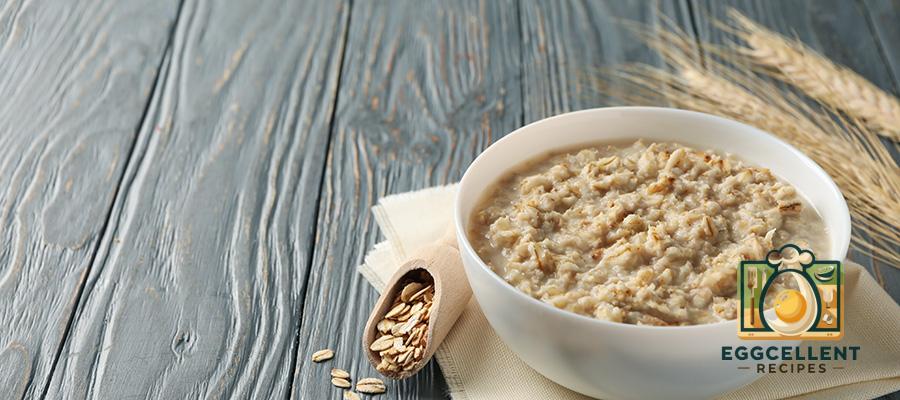
Oats are high in soluble fiber, which helps regulate digestion and prevent constipation, a common cause of bloating. The fiber in oats absorbs water, adding bulk to the stool and promoting regular bowel movements.
How to Use It: Enjoy a bowl of oatmeal for breakfast, topped with bloat-reducing foods like bananas and berries. You can also add oats to smoothies or make overnight oats for a convenient, digestion-friendly meal.
Final Thoughts
Bloating can be uncomfortable, but incorporating these bloat-reducing foods into your daily meals can make a significant difference. By eating fiber-rich fruits, vegetables, and whole grains, and incorporating natural digestive aids like ginger, fennel, and peppermint, you can support a healthy digestive system and reduce bloating.
Remember to stay hydrated and avoid processed foods, which can contribute to bloating and digestive discomfort. With the right foods, you can enjoy a flatter, more comfortable stomach and feel better overall.

